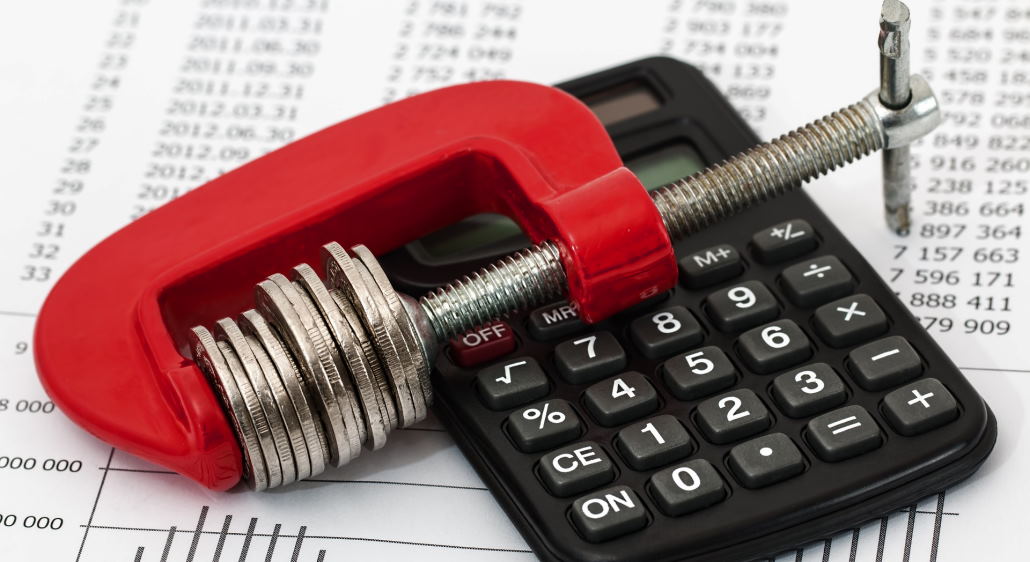As a small business owner, you know that every penny counts when it comes to keeping your business development costs under control. Here are a few tips to help you save money and keep your budget in check. (hook)While investing in marketing and product development is important, there are ways to be smart about it and keep your costs down. (preview main points) Follow these tips, and you’ll be on your way to successful cost control for your small business.
How to effectively reduce your business development costs
- Define your business development goals and strategies early on. This will help you to avoid costly trial and error as you implement your business development plans.
- Keep a close eye on your marketing expenses. Make sure you get the most bang for your buck by allocating your marketing budget wisely.
- Think outside the traditional advertising box when promoting your business. There are many cost-effective ways to market your company, so get creative!
- Get involved in your local community. Sponsoring community events or donating to local charities is a great way to generate goodwill and promote your business at the same time.
- Utilize social media platforms to reach out to potential customers. Platforms like Facebook and Twitter are powerful marketing tools that can help you reach a wider audience without breaking the bank.
By following these tips, you can control your business development costs and focus on growing your company sustainably.
How to calculate your business development costs
When starting a business, one of the first things you need to do is figure out how much it will cost to get your business up and running. This can be a difficult task, especially if you’re not sure what all the costs will be.
One way to help determine your start-up costs is to create a business development budget. This budget will help you track all of the costs associated with starting your business, from marketing and advertising expenses to office supplies and equipment.
To create your budget, start by listing your business’s anticipated expenses. Then, estimate how much each expense will cost. Be sure to include both one-time and recurring costs.

Once you have a good idea of all the costs associated with starting your business, you can start to allocate funds to each expense. When determining how much to allocate to each expense, consider the expense’s importance and your ability to pay for it.
For example, if marketing is a key part of your business plan, you’ll want to allocate a larger portion of your budget to that expense. However, if you have limited funds available, you may need to prioritize other expenses first.
Once you’ve determined how much money you’ll need to start your business, you can begin looking for ways to reduce costs. There are a number of ways to do this, from negotiating with vendors to finding cheaper alternatives for office supplies and equipment.


